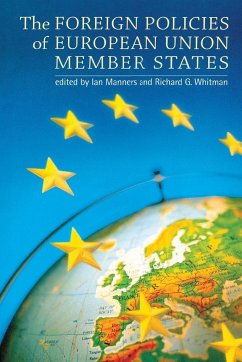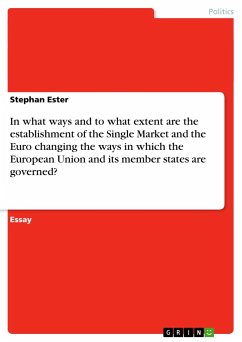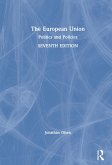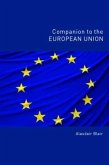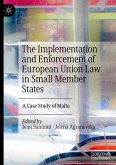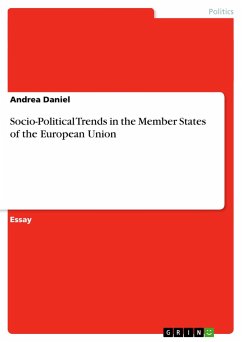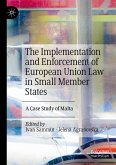This comparative analysis of the foreign policies of European Union member states includes comprehensive coverage of the post-Maastricht period and the three newest members of the EU. In the only comparative study of its kind since 1976, the book analyzes the dual impact of the Maastricht Treaty on the European Union, and the post-Cold War environment on the foreign policy processes of the EU's member states. The book argues for a new approach to the foreign policy analysis of EU states that recognizes the fundamental changes that membership brings after the Cold War, but also acknowledges the diverse role of policies which states seek to retain or advance as being "special."
The only comparative analysis of the foreign policies of European Union member states. Examines those policies which are 'Europeanised' through the EU's processes and those policies which are retained or excluded from these processes. Analyses the dual impact of the Maastricht Treaty on the European Union, and the post-Cold War environment on the foreign policy processes of the EU's member states. Argues for a distinctive approach to the foreign policy analysis of EU states which recognises the fundamental changes that membership brings after the Cold War, but also acknowledges the diverse role of policies which states seek to retain or advance as being 'special'. All the empirical chapters are structured by six sets of explanatory questions.
Hinweis: Dieser Artikel kann nur an eine deutsche Lieferadresse ausgeliefert werden.
The only comparative analysis of the foreign policies of European Union member states. Examines those policies which are 'Europeanised' through the EU's processes and those policies which are retained or excluded from these processes. Analyses the dual impact of the Maastricht Treaty on the European Union, and the post-Cold War environment on the foreign policy processes of the EU's member states. Argues for a distinctive approach to the foreign policy analysis of EU states which recognises the fundamental changes that membership brings after the Cold War, but also acknowledges the diverse role of policies which states seek to retain or advance as being 'special'. All the empirical chapters are structured by six sets of explanatory questions.
Hinweis: Dieser Artikel kann nur an eine deutsche Lieferadresse ausgeliefert werden.

